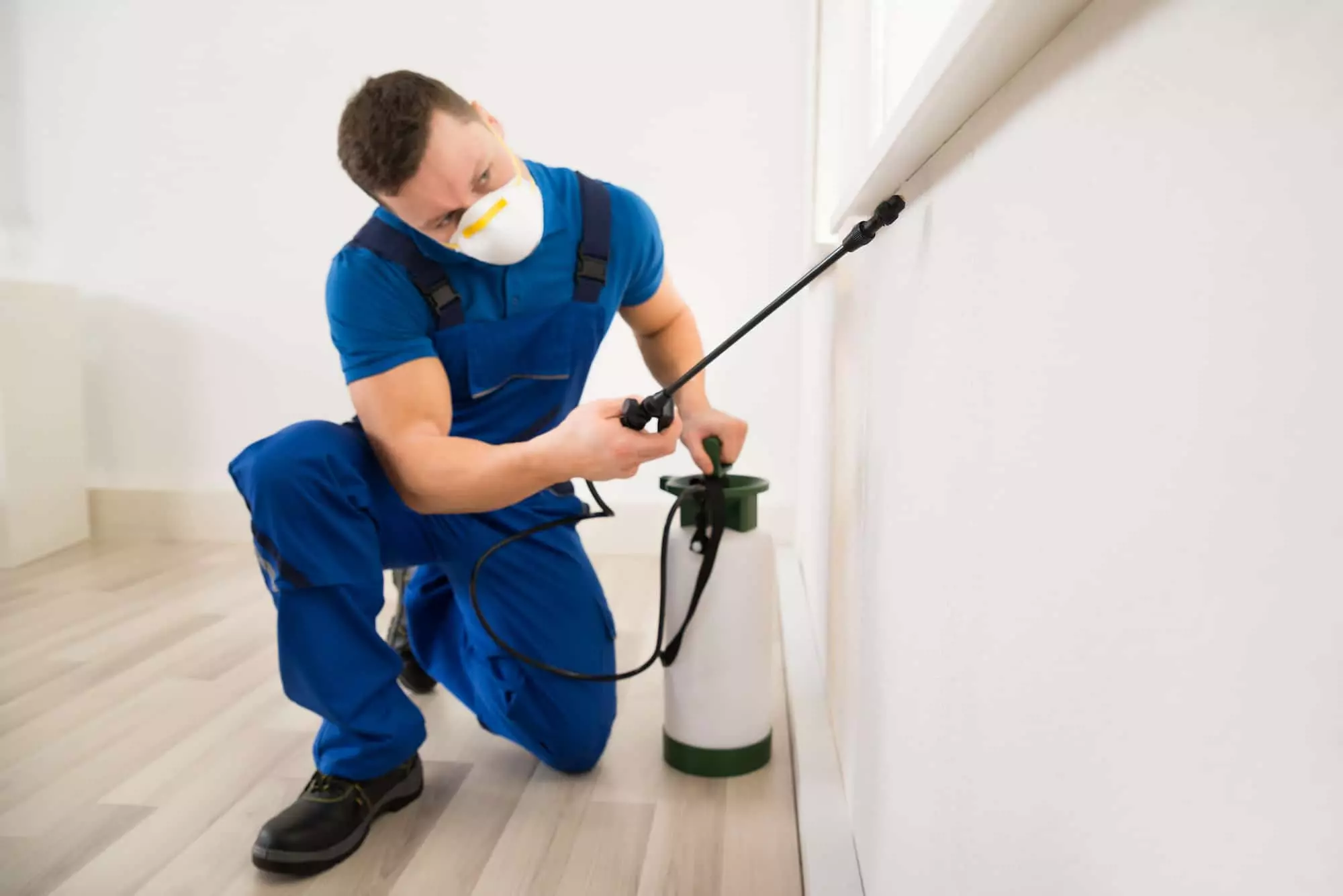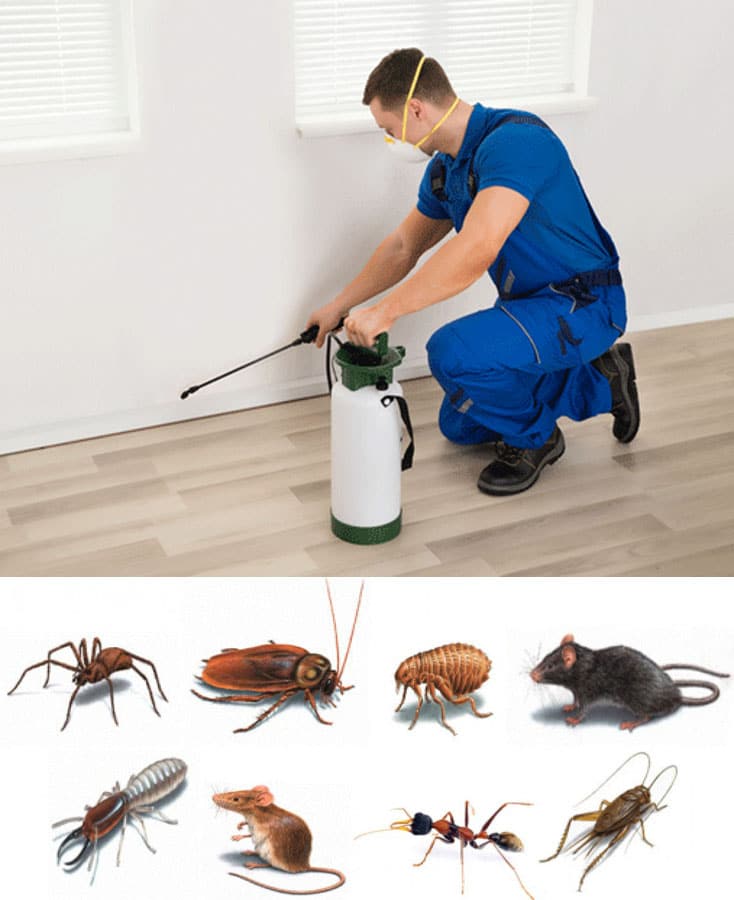Top Coquitlam Pest Control Solutions for a Rodent-Free Home
Safe and Trusted Insect Control for Lasting Defense
Reliable insect administration requires a complex technique that stabilizes eco-friendly integrity with the demand for reliable parasite reductions. The subtleties of these approaches may not be instantly clear, motivating a better evaluation of the techniques that can lead to sustainable pest control outcomes.
Understanding Insect Control Methods
Parasite control encompasses a range of methods aimed at managing and removing undesirable pests and rats that can intimidate both health and property. Comprehending these approaches is critical for reliable insect management.
The main groups of insect control methods include mechanical, biological, and chemical techniques. Mechanical methods include physical barriers and catches to avoid parasite access and capture undesirable species. For instance, using screens on home windows or using sticky catches can significantly minimize bug populaces without introducing hazardous compounds.

Chemical insect control is commonly one of the most identified approach, making use of chemicals to eliminate bugs. These chemicals can be reliable but have to be utilized with caution to avoid damaging effects on non-target varieties and the environment.
Advantages of Eco-Friendly Solutions
How can eco-friendly remedies change pest control methods? The adoption of green pest control techniques provides countless benefits, significantly boosting the efficiency and safety and security of parasite monitoring.

An additional benefit is the favorable influence on regional biodiversity. Environmentally friendly remedies are designed to target specific pests while maintaining beneficial bugs and wildlife, advertising a balanced ecosystem. This approach lines up with the growing consumer demand for sustainable techniques, boosting the track record of bug control carriers.
Integrated Parasite Administration Methods
The application of environmentally friendly services normally leads to the adoption of Integrated Pest Monitoring (IPM) methods, which better boost parasite control efficacy. IPM is an all natural method that incorporates several techniques to manage parasite populations while minimizing ecological impact. This strategy emphasizes the usage of organic, cultural, mechanical, and chemical controls, making certain a balanced and lasting approach of bug monitoring.
One essential aspect of IPM is the detailed analysis of bug activity and ecological conditions. By checking pest populations and identifying their life process, professionals can carry out targeted interventions that interfere with the bug's environment or lifecycle, lowering reliance on chemical pesticides. In addition, social methods such as plant turning and habitat manipulation can considerably lessen parasite facility and reproduction.
Another essential element is using biological control representatives, such as beneficial insects or microbes, which can naturally suppress insect populations. When chemical applications are essential, IPM prioritizes using low-risk pesticides and applies them uniquely, reducing direct exposure to non-target microorganisms and humans.
Including IPM strategies not only enhances bug control efficiency yet likewise promotes a much safer ecosystem, straightening with the expanding demand for lasting methods in bug management.
Safe Practices for Homeowners
Recognizing the relevance of safe practices in pest control can equip house owners to efficiently manage bug concerns while protecting their wellness and the setting. Applying non-toxic approaches and safety nets is vital in minimizing exposure to dangerous chemicals.
Home owners must initially analyze their setting for conditions that draw in insects, such as standing water, clutter, and food waste. Routinely cleaning and securing entry points can discourage parasites from getting into the home. Making use of all-natural deterrents, such as important oils or diatomaceous earth, can give effective options to chemical pesticides.
When chemical treatments are necessary, homeowners need to select products that are specifically identified as safe for household use. It is important to comply with application guidelines meticulously to avoid too much exposure. Utilizing targeted therapies in areas where pests are determined, rather than blanket spraying, can considerably decrease chemical usage.
Finally, preserving open interaction with pest control professionals is crucial. Home owners need to ask about the security of products used and demand green choices whenever possible. By taking on these risk-free practices, homeowners can create a healthier living environment while successfully managing pest concerns.

Tips for Long-Term Security
Establishing a bug monitoring strategy that highlights long-lasting security can greatly improve the effectiveness of the secure techniques formerly talked about. To accomplish this, house owners must execute normal inspections of their building, concentrating on concealed areas such as attic rooms, cellars, and crawl areas. Early detection of bug activity is critical in stopping problems from holding.
Furthermore, preserving a clean environment is important. This includes proper food storage space, without delay cleaning up spills, and regularly dealing with trash. These techniques reduce attractants that attract insects right into the home. Additionally, securing access points, such as splits around i pest control windows and doors, can effectively obstruct potential bug gain access to.
Landscaping ought to also be considered; maintaining plants cut and preserving a distance between plant life and the home reduces concealing spots for parasites. Using all-natural deterrents, such as vital oils or diatomaceous earth, can go now additionally prevent invasions without resorting to harsh chemicals.
Finally, working together with an expert pest control solution for regular examinations can offer an additional layer of security. These professionals can provide tailored suggestions and advanced treatments, guaranteeing that your home remains protected versus bugs in the lengthy term.
Conclusion
In conclusion, reliable and secure parasite control requires a diverse method that stresses environmentally friendly methods and integrated pest monitoring. By executing all-natural deterrents, performing normal assessments, and maintaining correct sanitation, homeowner can considerably reduce parasite populaces while protecting valuable bugs and the setting. Partnership with professional bug control solutions improves the efficiency of these approaches, making certain tailored solutions that offer lasting security and assurance versus future invasions.
Effective bug monitoring calls for a diverse method that stabilizes ecological honesty with the requirement for efficient parasite reductions. The fostering of environment-friendly bug control methods uses various advantages, substantially enhancing the efficiency and security of insect management.The application of environmentally friendly options normally leads to the adoption of Integrated Pest Management (IPM) techniques, which even more improve insect control efficiency. exterminator godrej pest control coquitlam. By checking insect populaces and recognizing their life cycles, professionals can implement targeted treatments that disrupt the insect's habitat or lifecycle, decreasing reliance on chemical pesticides.In conclusion, secure and trustworthy pest control requires a diverse technique that stresses eco-friendly approaches and incorporated parasite management